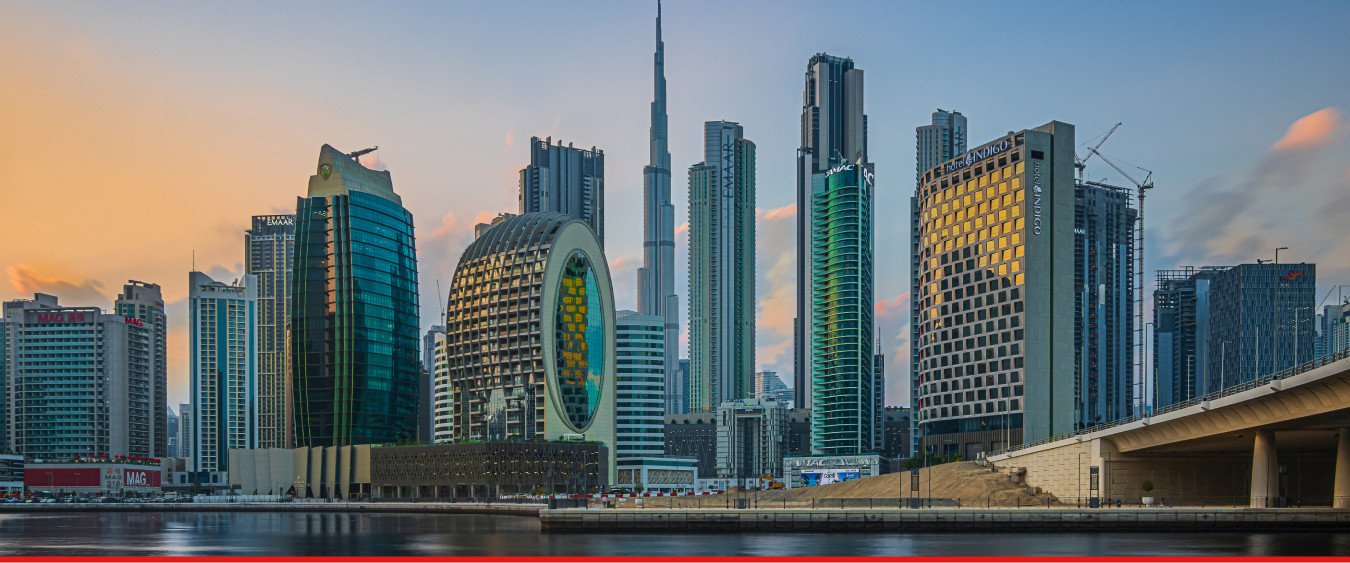
Blog

Everything You Need to Know About the Gold Card Dubai
Dubai, a city known for its luxurious lifestyle, futuristic skyline and business-friendly environment, has long been a hub for global investors, entrepreneurs and professionals. In recent years, Dubai has introduced a unique opportunity for individuals looking to establish long-term residency in this thriving metropolis – the Gold Card Dubai, also known as the Dubai Gold Visa. This permanent residency programme is designed to attract top talent, business owners, investors and professionals to the UAE, offering a range of benefits that go far beyond traditional residency visas. In this blog post, we’ll break down everything you need to know about the Gold Card Dubai: what it is, who is eligible, the benefits it offers, the application process and more. So, if

How to Obtain a UAE Tax Certificate
If you’re looking to understand how to obtain a UAE tax certificate, also known as the Tax Residency Certificate Dubai,

The Key Benefits of Opening a Business in Dubai
The benefits of opening a company in Dubai are making the city one of the most attractive destinations in the

How to Obtain a UAE Tax Certificate
If you’re looking to understand how to obtain a UAE tax certificate, also known as the Tax Residency Certificate Dubai,

The Key Benefits of Opening a Business in Dubai
The benefits of opening a company in Dubai are making the city one of the most attractive destinations in the

A Complete Guide to the Dubai Working Week
Dubai is one of the most dynamic business hubs in the world, attracting entrepreneurs and investors from every corner of

A Short Guide to the United Arab Emirates Residence Visa
When considering relocation or long-term stay in the UAE, understanding the options for a United Arab Emirates residence visa is

How to Open a Bank Account in Dubai for Non UAE Residents
One of the most frequently asked questions by our clients is how to open a bank account in Dubai as

Exploring Dubai’s Tax-Free Advantage for Entrepreneurs
Dubai tax free policies have become a major attraction for entrepreneurs looking to set up businesses in one of the

Why RAKEZ Free Zone is a Smart Choice for Ambitious Entrepreneurs
The RAKEZ Free Zone is a highly regarded business hub in the UAE, offering exceptional opportunities for companies looking to

Outsourcing Business Consultancy Services in Dubai: Drive Growth
In today’s fast-paced and competitive business environment, companies are constantly looking for ways to streamline operations, reduce costs and focus

Finding the Perfect Partner for Company Setup in Dubai
Company setup in Dubai offers unparalleled access to a booming economy, strategic global connectivity and a business-friendly environment. The UAE’s
